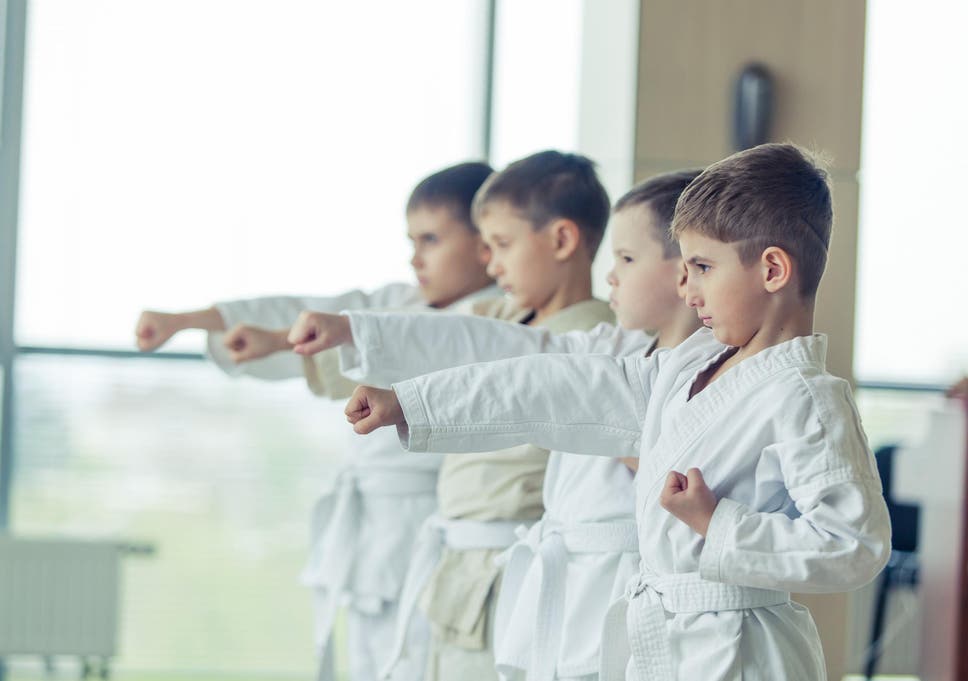Some forms of martial arts, such as tai chi, place great emphasis on controlled breathing and meditation. These were strongly linked in one study with reduced feelings of stress, as well as being better able to manage stress when it is present in young to middle-aged adults.
This effect has also been found in older adults – the 330 participants in this research had a mean age of 73 – too. And the softer, flowing movements make it an ideal, low-impact exercise for older people.
As several scientists are now looking into the links between emotional well-being and physical health, it’s vital to note that martial arts has been show to improve a person’s emotional welling too.
In the study linked above, 45 older adults (aged 67-93) were asked to take part in karate training, cognitive training, or non-martial arts physical training for three to six months.
The older adults in the karate training showed lower levels of depression after the training period than both other groups, perhaps due to its meditative aspect. It was also reported that these adults showed a greater level of self-esteem after the training too.
After comparing a sedentary control group with a group of people doing karate, Italian researchers found that taking part in karate can improve a person’s working memory. They used a test that involved recalling and repeating a series of numbers, both in the correct order and backwards, which increased in difficulty until the participant was unable to continue.
The karate group were much better at this task than the control group, meaning they could recall longer series of numbers. Another project found similar results while comparing tai chi practice with “Western exercise” – strength, endurance and resistance training.
Evidently, there is far more to martial arts than its traditional roles. Though they have been practiced for self-defense and spiritual development for many hundreds of years, only relatively recently have researchers had the methods to assess the true extent of how this practice affects the brain.
Ashleigh Johnstone is a PhD researcher in cognitive neuroscience at Bangor University. This article was originally published on The Conversation

